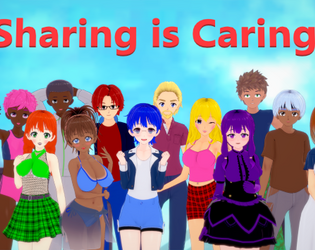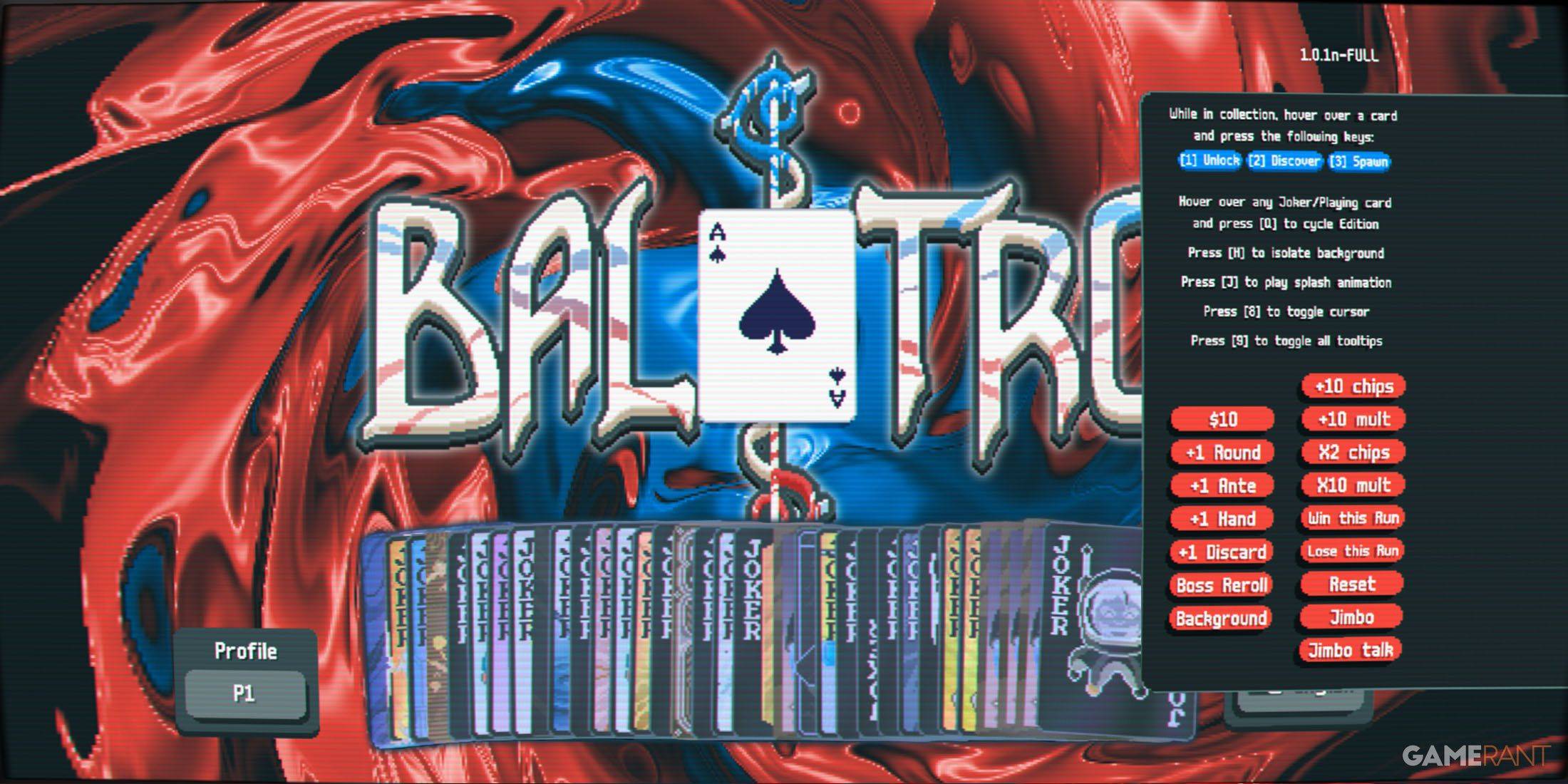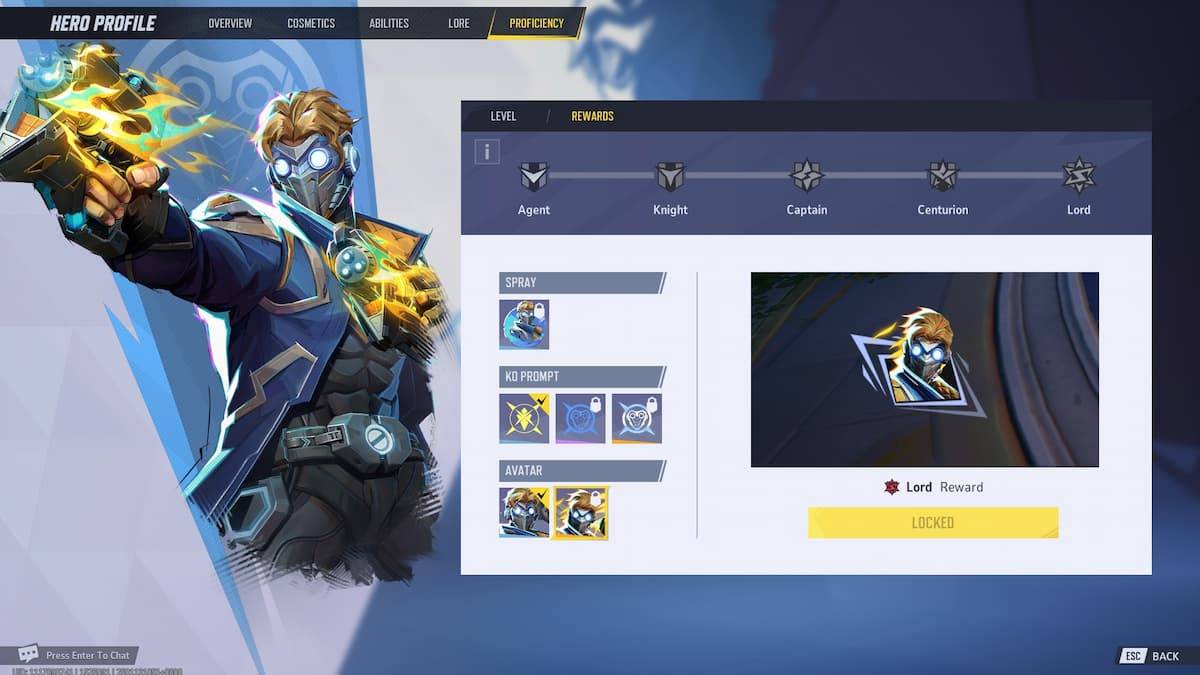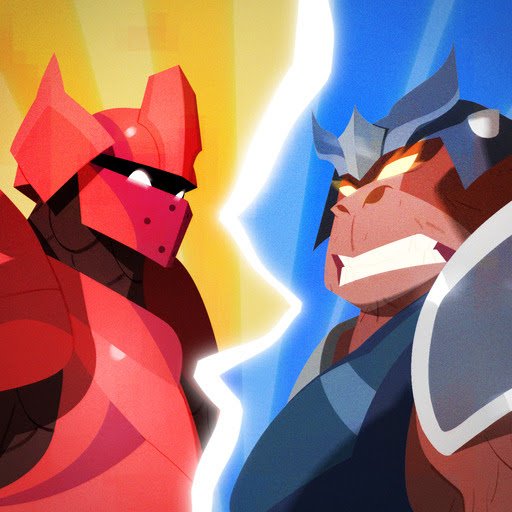Apple Arcade Fails to Grasp Gamer Needs, Irks Developers

While Apple Arcade has offered a valuable platform for mobile game developers, growing frustrations are revealing significant cracks in the service. According to a detailed report by Mobilegamer.biz, many developers feel let down by the platform’s inconsistent support, discoverability issues, and unclear strategic direction.
Developer Insights: A Platform with Promise but Lacking Execution
Despite Apple's initial efforts to position Apple Arcade as a premium gaming subscription service, several developers have expressed disappointment over their experiences working within the ecosystem. The Mobilegamer.biz "Inside Apple Arcade" report sheds light on these concerns, highlighting that while some studios credit Apple for helping sustain their operations, others are deeply frustrated with the platform's shortcomings.
Delayed Payments and Poor Communication
One of the most pressing complaints centers around delayed payments and unresponsive communication. An indie developer shared how their studio had to wait nearly six months to receive payment from Apple—nearly leading to the collapse of their business. They added:
“It’s a very difficult and long process to sign a deal with Apple these days. The lack of vision and clear focus of the platform is frustrating, and if there is any goal, it keeps changing every year or so. Also, technical support is pretty miserable.”
Another developer echoed this sentiment, noting that it's common to go weeks without hearing back from Apple. Email response times often stretch to three weeks—or result in no reply at all. Even when reaching out with product, technical, or commercial inquiries, responses tend to be vague or unhelpful due to internal knowledge gaps or confidentiality barriers.
Discoverability and Visibility Challenges
Discoverability emerged as another major pain point. One developer lamented that their game had "been in a morgue for the last two years" due to Apple’s refusal to feature it. They continued:
“It’s like we don’t exist. So as a developer you think, well, they’ve given us this money for exclusivity… I don’t want to give them the money back, but I do want people to play my game. It’s like we’re invisible.”
This lack of visibility makes it extremely difficult for developers to recoup their investment or build an audience, especially when exclusivity deals are involved.
Cumbersome QA and Localization Process
The quality assurance (QA) and localization procedures were also criticized as overly burdensome. One developer described the experience as having to "submit 1,000 screenshots all at once to show you have every device aspect ratio and language covered"—a tedious and time-consuming requirement that adds little value to the end user experience.
Some Positives Amid the Criticism
Not all feedback was negative. Several developers noted that Apple Arcade has become more focused over time. One commented:
“I think Arcade knows who its audience is much more today than at the outset. If that doesn’t turn out to be high-concept, artful indie games, that’s not Apple’s fault. If they can build a business on family games, good for them—and good for the devs who can chase that opportunity.”
Others credited Apple’s financial backing for allowing them to fund entire projects. One developer said:
“We were able to sign a good deal for our titles which covered our whole development budget.” Without Apple’s funding, they admitted, their studio might not exist today.
Lack of Strategic Vision and Gamer Understanding
Perhaps the most damning critique came in the form of Apple’s apparent disconnect with gamers themselves. As one developer put it:
“Arcade has no clear strategy and feels like a bolt-on to the Apple company ecosystem rather than something truly supported inside the company.”
They further noted that Apple seems to have little to no data on who actually plays their games or how players interact with the platform. This lack of insight makes it hard for developers to tailor their content or marketing effectively.
Another developer summed up the general sentiment:
“Given their status as a huge tech company, it feels as if they treat developers as a necessary evil. We’ll do everything we can to please them for little in return, in the hope that they grace us with another project—and a chance for them to screw us over again.”
In summary, while Apple Arcade continues to offer opportunities for developers through exclusive deals and financial support, the platform struggles with operational inefficiencies, poor communication, and a lack of gamer-centric understanding. Unless Apple addresses these critical issues, many developers may continue to view the platform as unreliable and misaligned with both creative and business goals.
Latest Articles




![Taffy Tales [v1.07.3a]](https://imgs.anofc.com/uploads/32/1719554710667e529623764.jpg)


























